The Importance of Potassium and How to Get More
Potassium is an essential mineral that helps to operate healthy bodily functions. It also carries a small electric charge, which is also known as an electrolyte. This property improves the activity of cells and nerves and can be found in two different forms: organic or inorganic.
Glucosamine, a basic amino acid, is available in many different food supplements. However, it's difficult to get enough of it from food alone. Potassium is a mineral that is important for maintaining the body's fluid balance. It primarily supports normal levels of fluid inside and outside cells, helps maintain your blood pressure and assists with muscle contractions. Potassium is an essential nutrient that helps you to stay healthy and feel your best. It also helps with prevention of chronic conditions like high blood pressure, stroke, and heart attack. Low potassium in your body can cause serious long-term health issues. They will be able to help you get the amount of it that is right for your body and help you avoid any future health problems.
Potassium supplements in daily food:
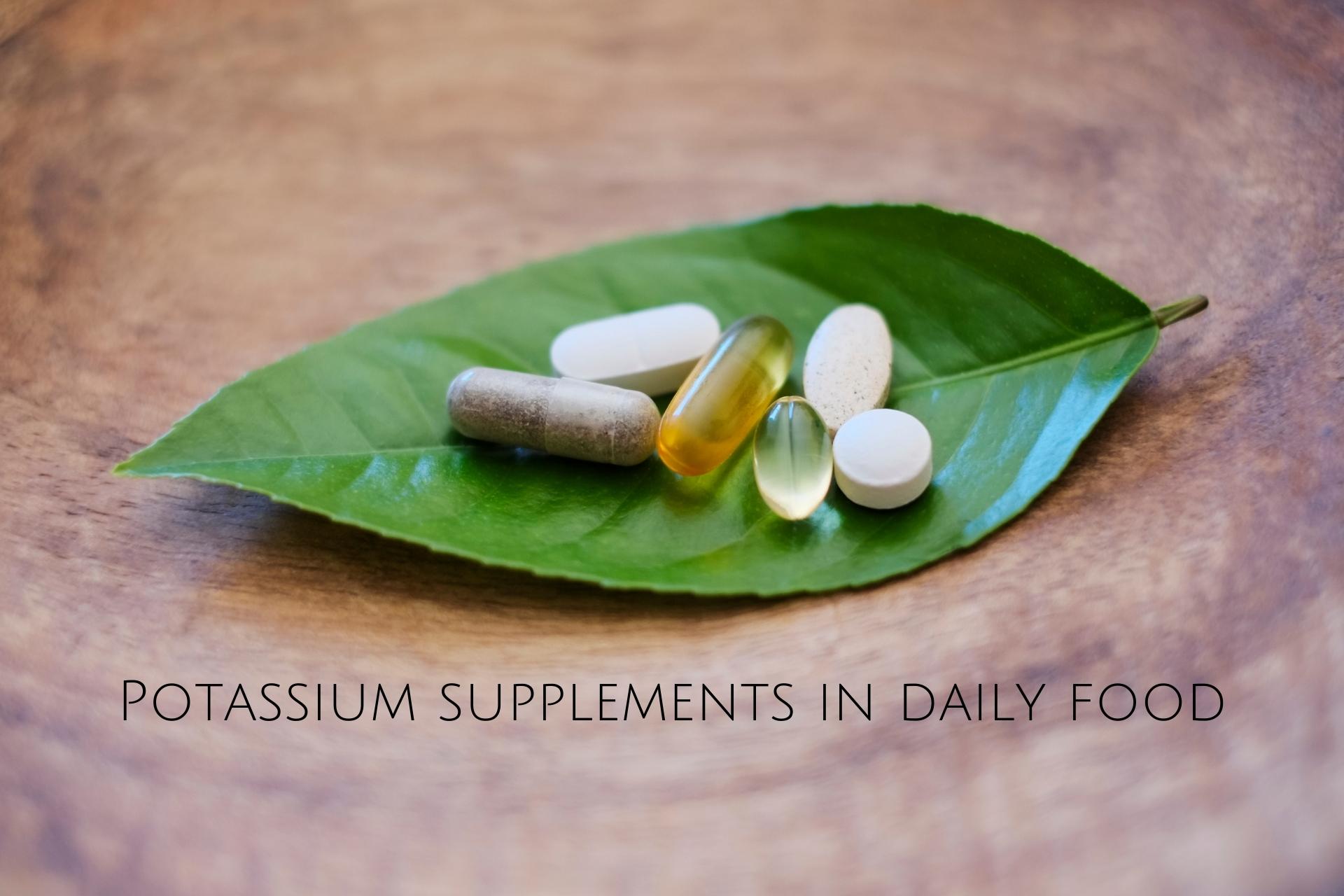
- Potassium is an essential nutrient that supports normal kidney function and is important for maintaining a healthy heart.
- Bananas, peanut butter, and coconut milk are great sources of potassium which is extremely important for your health.
- Vegetables rich in potassium are Swiss chard, asparagus, and leeks.
- Fruits rich in potassium include Bananas, Cantaloupe, Grapefruit, Prunes, raisins, and dates, Avocado, Spinach, Broccoli, White beans, Potatoes and sweet potatoes, Mushrooms, Peas, Cucumbers, Pumpkins, Leafy vegetables, Oranges, Dried apricots, Dried figs, Dried prunes, Grapes, Kiwi fruit, Mangos, Papayas
Juices Rich in Potassium
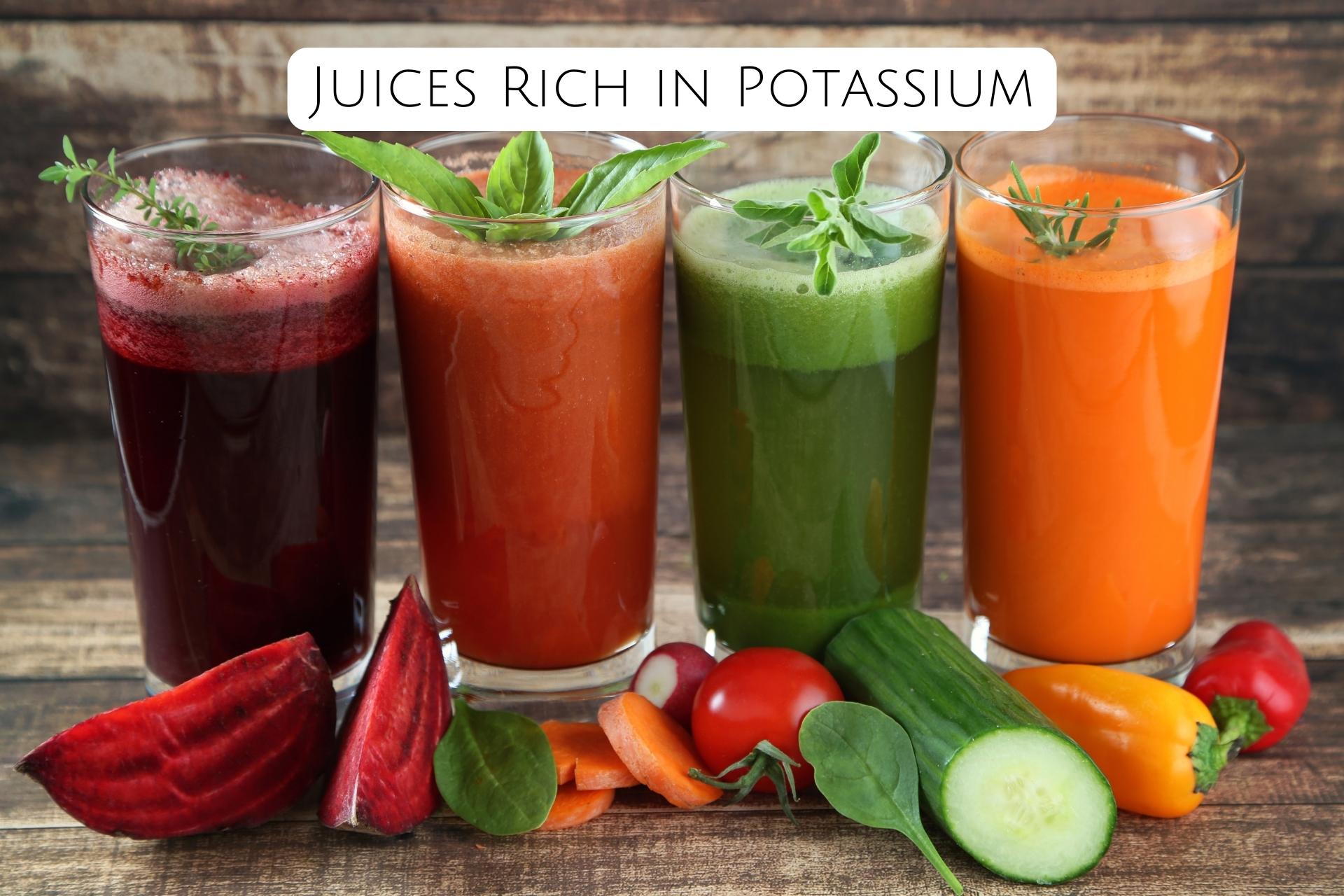
It can be found in many types of food, including vegetables, fruits, and dairy products. Potassium-rich juices are typically made by blending fruits or vegetables with water or other liquids.
Juices rich in potassium include:
- tomato juice
- orange juice
- grapefruit juice
- apple juice
- carrot juice
- celery soup
The potassium in these foods is almost always a byproduct of the plants' metabolism.
Potassium-rich foods to consider include:
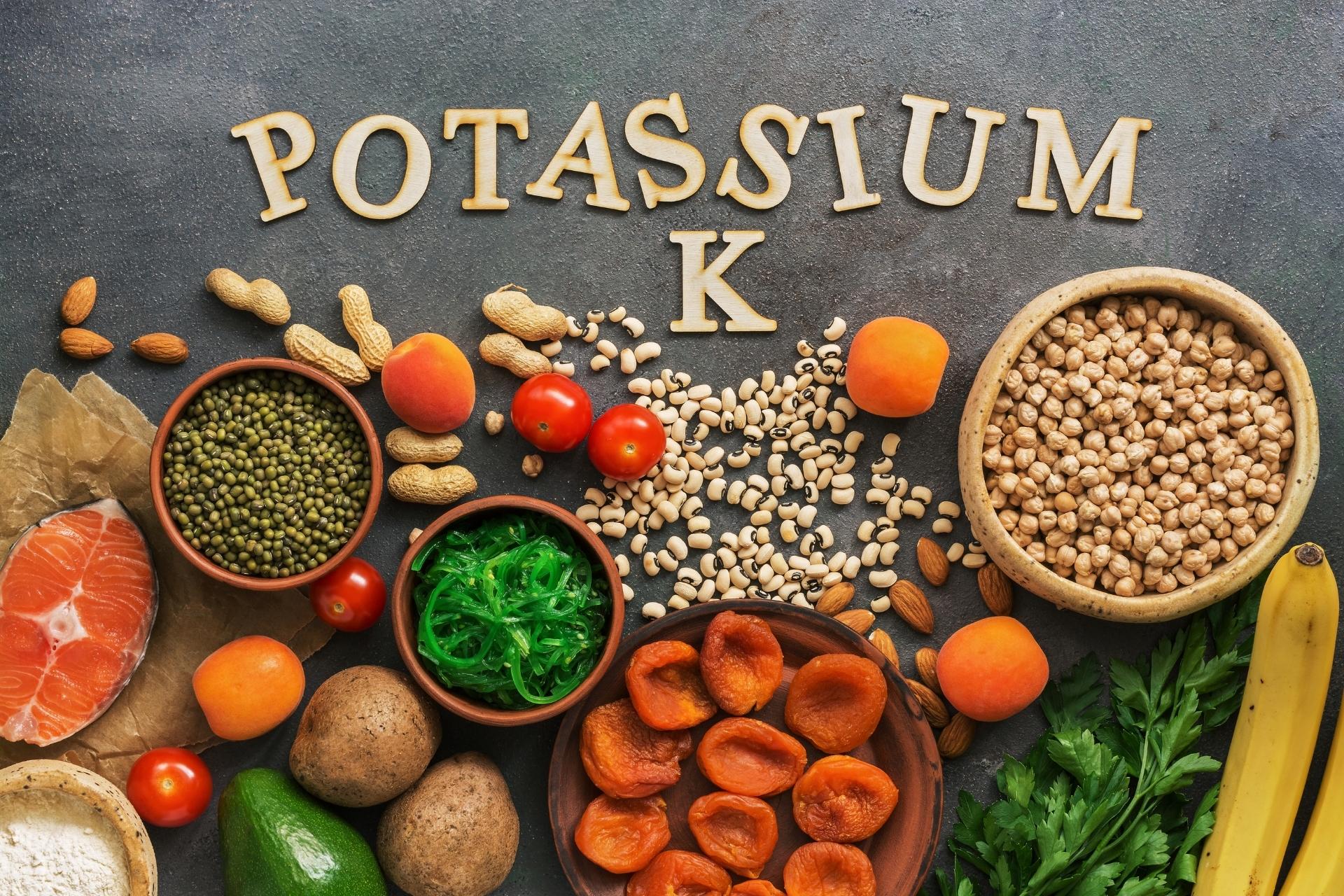
Meat and poultry, Fish, Cod Fish, Molasses, Nuts, Brown rice, Brans, Wheat bread. Potassium is an essential nutrient that is commonly found in the form of an electrolyte. Our bodies use it to regulate blood pressure and fluid balance.
To maintain a healthy diet, adults require about 4,700 mg of potassium per day. Young children need about 2,000 mg; teen girls need 2,300 mg and teen boys need about 3,000 mg. Pregnant women take the same amount as an adult and breastfeeding women take 5,100 mg a day.
They might not contain all the nutrients your body needs but they're got more in calories than regular food. Eating light and meat has more than plants, It's between 33-147 calories per 100 grams of their weight.
Potassium is a mineral that must be taken daily for optimal health. The best ways to get it are:
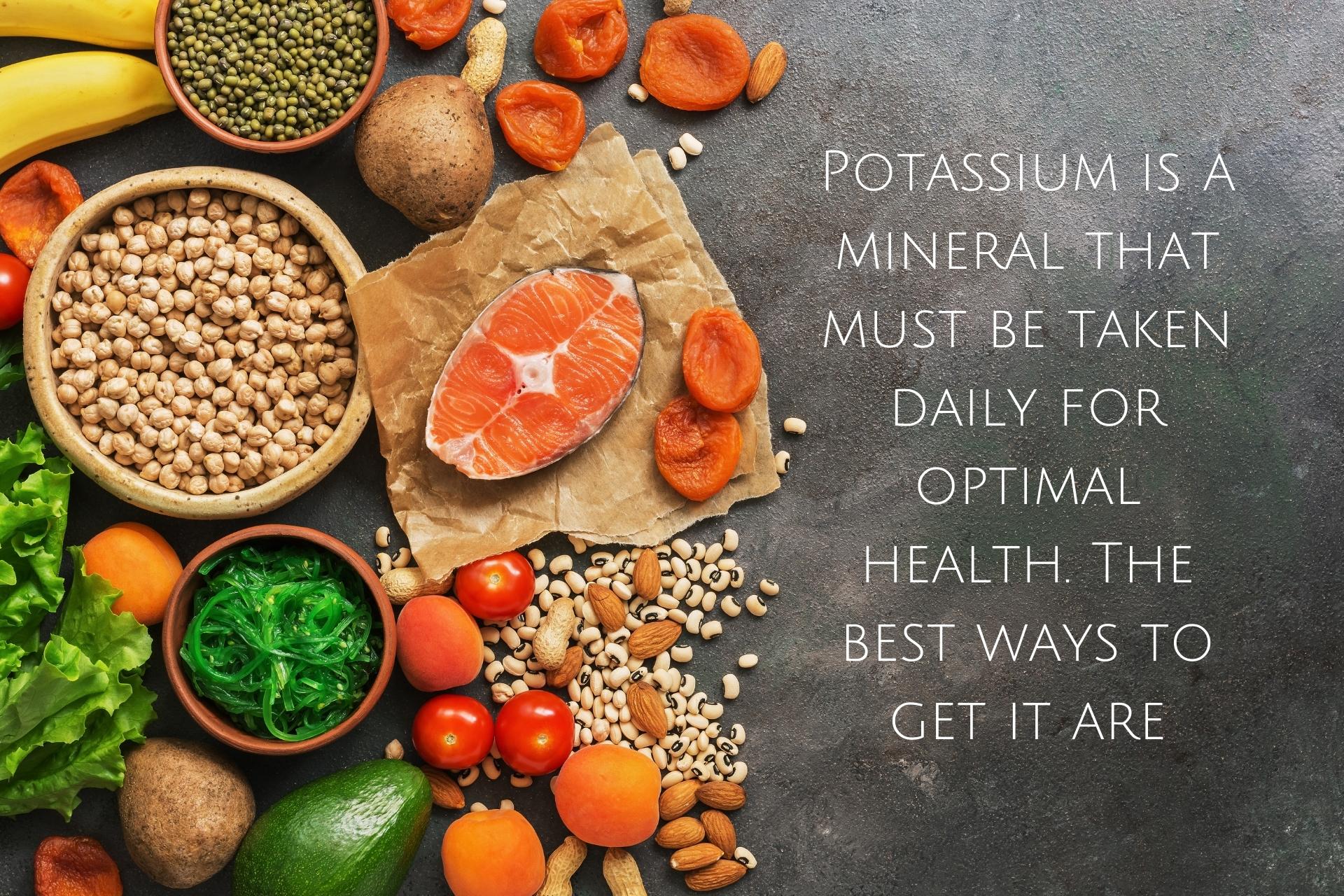
- Potatoes are a great addition to any meal and soaking them in water before roasting or baking them helps to increase their nutritional value.
- Spinach is a great way to get your daily dose of green. It's one of the most popular vegetables because it's lower in calories than other fresh greens and has lots of health benefits. Cooked spinach is just as healthy, but cooking it changes the nutrient profile and nutrients are still found in processed spinach.
- Bananas contain 420 milligrams of potassium, which is an electrolyte that aids in nerve impulse transmissions and balances the body's pH.
- Carrots contain 390 milligrams of eye-healthy carotenoids and beta-carotene, and milk contains 350 to 380 milligrams of protein.
- If you want to be an A-Team member, you might have to take a few minutes to prepare delicious lentils. The key is not adding too much salt or oil as that can inhibit digestibility.
The effect of high or low potassium intake:
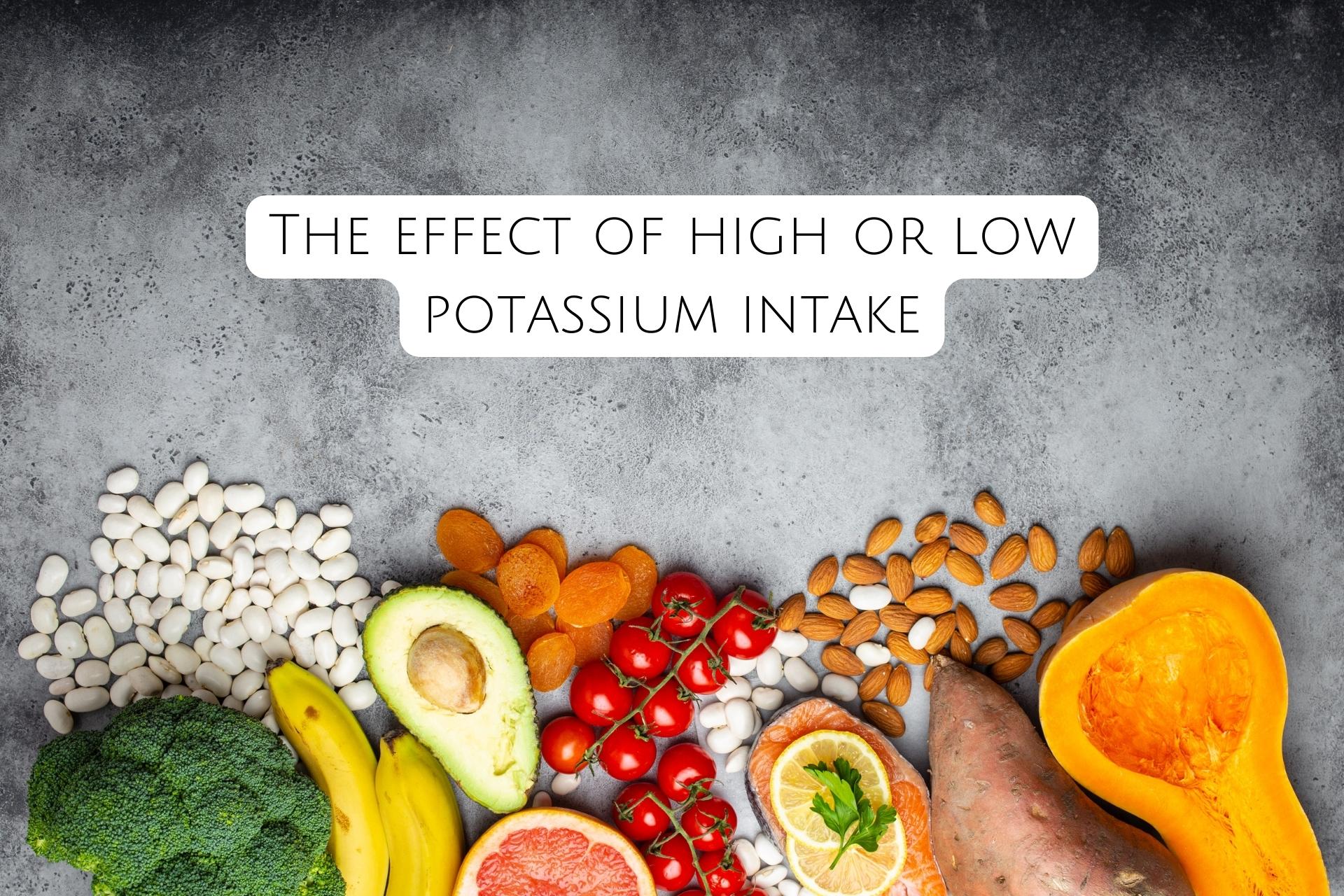
Several factors like kidney functions & hormones may affect mineral levels. Hypokalemia is a condition that can occur when your body's potassium level is lower than normal. Symptoms like muscle weakness and fatigue may occur if your procedure goes wrong. Talk to your surgeon about what to expect before undergoing the operation. Common side effects of hypokalemia (low potassium) include muscle weakness and fatigue. Treatments for hypokalemia typically involve nutritional supplements or other medications.
Side effects: Regular doses of potassium are not dangerous. High amounts may cause discomfort. Make sure you talk to your doctor before taking any supplements. Some people may be allergic to some substances found in them, and you don't want to cause yourself any problems.
Warnings: Always make sure to talk to your doctor before taking any supplements or operating medical equipment. If you are prescribed medication, take it as the doctor has indicated and make sure to avoid the usage of health supplements as well.
Hypokalemia:
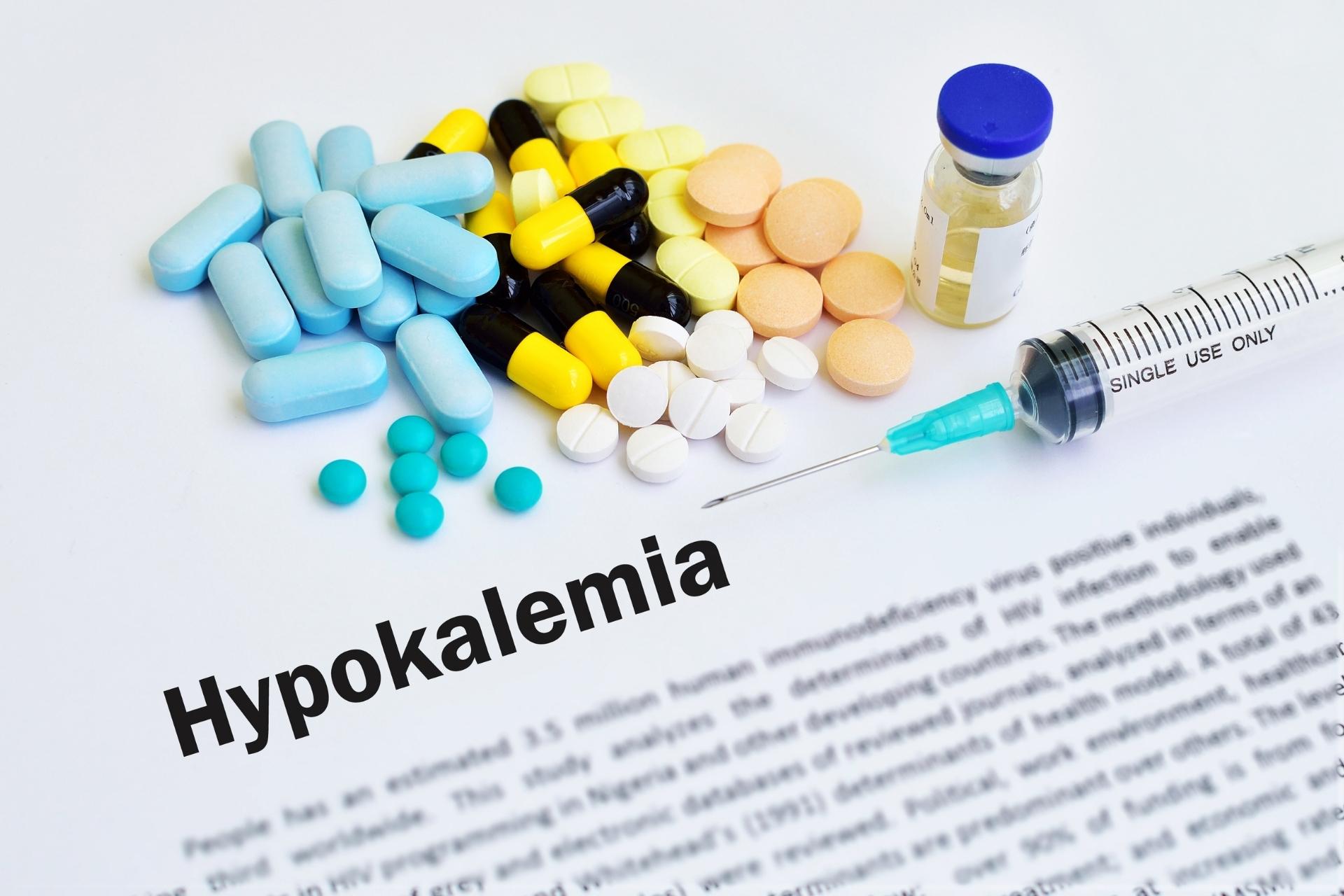
General daily use for adults and teens is around 4,700 milligrams and 2,300 milligrams for girls and 3,000 milligrams and 2,500 milligrams respectively. Many sources state that an expecting mother should eat around 4,700 mg and 5,100 mg of Potassium per day during pregnancy.
Causes of Hypokalemia:
Medications like diuretics, insulin, corticosteroids and antimicrobials contribute to a healthy life in many ways. Many people struggle with an eating disorder at some point in their life. One way to decrease the area of risk involved in cases like these is via preventative programming that helps educate individuals and families on how they can eliminate the potential risk factors they might encounter.
Hyperaldosteronism is a devastating condition, inducing an overwhelming need to urinate that can quickly lead to consequences such as dehydration, dehydration, and even heat stroke. Diarrhea or vomiting can be traced back to the same underlying root-causes of chronic kidney disease. Laxative overuse may lead to a loss of magnesium deposition within intestinal tissues which will eventually lead to a deficiency of the nutrient in the body. The most common symptom is a feeling of constantly being thirsty, with no relief from drinking fluids. Some genetic disorders can be hard to detect and may not have any symptoms but can cause seizures or other neurological symptoms. There are also problems with low magnesium levels that are common.
Treatment for Hypokalemia:
Potassium supplements can help if you have too low levels of potassium. But it's more effective if your kidneys are healthy and functioning properly. Cutting excess sodium with potassium-sparing diuretics can help to treat hypokalemia, which is a condition that goes together with an abnormal heart rate. There are a few major steps to consider before adding more supplements to your diet. The first is ensuring you consult your doctor about the safety. Some supplements can cause digestive problems if taken too often. If you're thinking of starting a supplement, it may be a good idea to speak to your doctor or pharmacist before doing so. Other natural options would be wax coated pills or eating a balanced diet that includes plenty of fruits and vegetables. Diuretics with a low percentage of potassium are ideal for people who have kidney problems.
Hyperkalemia:
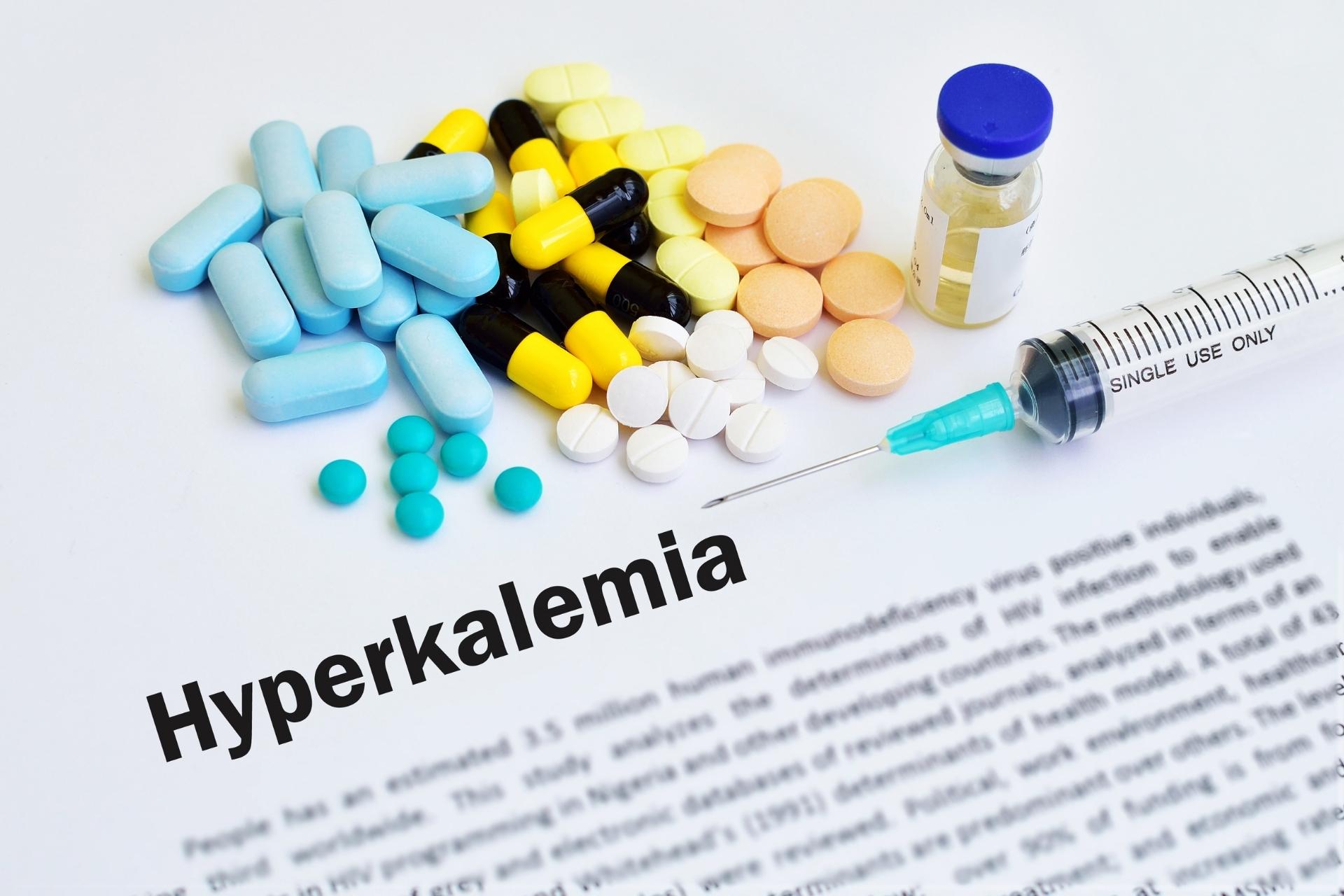
It's important to avoid drinking too much caffeine daily. They very reason why this is an emphasis for people in the age range of 25-54 and pregnant or breastfeeding women.
Causes for Hyperkalemia:
Our bodies make hundreds of thousands of chemical reactions every day. One is the cells’ great effort to bring water and minerals into itself without getting dehydrated. Without proper hydration, there are several ills that will creep up on your body. Automation will ultimately have a lot of positive, unlike what people at first imagine. It could save you time & effort while saving your heart and kidneys and helping with electrolyte imbalance.
Symptoms of Hyperkalemia:
Tiredness, weakness, tingling, numbness, nausea, vomiting, trouble breathing, chest pain, palpitations, irregular heartbeats.
Recent Posts
-
The Science Behind Plant-Based Meat: How Technology is Changing Our Food
In recent years, the food industry has witnessed a seismic shift with the rise of plant-based meat a
-
The Synergy of NAC, DIM, and Myo-Inositol for Overall Wellness
In the world of nutritional supplements and holistic health, certain ingredients are emerging as pow
-
Top 10 Parasite Cleanse Die-Off Symptoms: What to Expect and How to Manage Them
Understanding Die-Off Symptoms Parasite cleansing involves using natural or medicinal methods to eli





